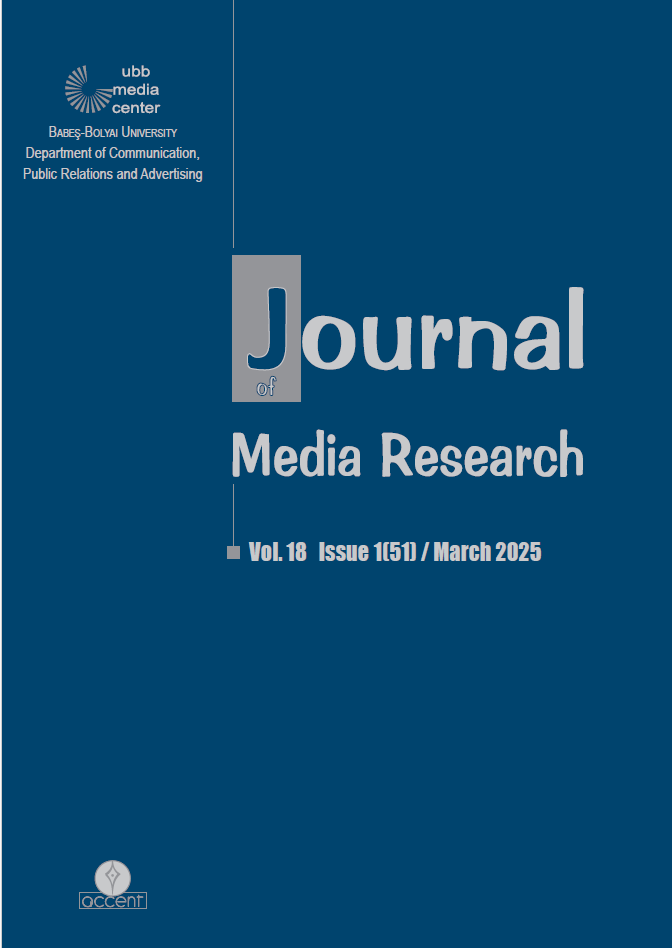Femvertising or Femwashing? A Theoretical Perspective on the Impact of Authenticity on Consumer Purchase Intentions
Femvertising or Femwashing? A Theoretical Perspective on the Impact of Authenticity on Consumer Purchase Intentions
Author(s): Liliana Abreu, Alexandre DuarteSubject(s): Social Sciences, Economy, Psychology, Communication studies, Theory of Communication, Behaviorism, Marketing / Advertising
Published by: Accent Publisher
Keywords: Femvertising; Femwashing; Authenticity; Purchase intention; Theoretical perspective;
Summary/Abstract: Nowadays, advertising plays a crucial role in capturing consumers’ attention and changing their perceptions and behavior towards a brand. In recent years, brands have adopted a new marketing strategy, femvertising, which combines feminist values and female empowerment to challenge public perceptions of the role of women in society. This type of advertising has become a trend among advertising campaigns because it can improve consumer attitudes, reduce resistance to advertisements, and increase purchase intentions. However, skepticism about the authenticity of some femvertising campaigns has led consumers to question the brands’ motivations, denounce their campaigns, and classify them as femwashing. Authenticity is the determining factor in effective advertising and, consequently, the most important aspect of a femvertising campaign. Thus, inauthentic femvertising campaigns (femwashing) have a negative impact on consumers’ purchasing intentions as they lead to public distrust and skepticism about the brand and its motives. To this end, this article, conducted from a theoretical perspective, seeks to contribute to the extant literature by examining the relationship between the authenticity of a femvertising advertisement and a consumer’s purchase intention.
Journal: Journal of Media Research - Revista de Studii Media
- Issue Year: 18/2025
- Issue No: 51
- Page Range: 5-19
- Page Count: 15
- Language: English
- Content File-PDF

